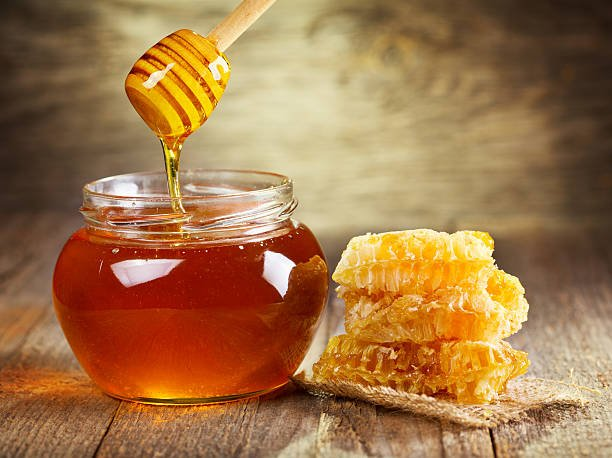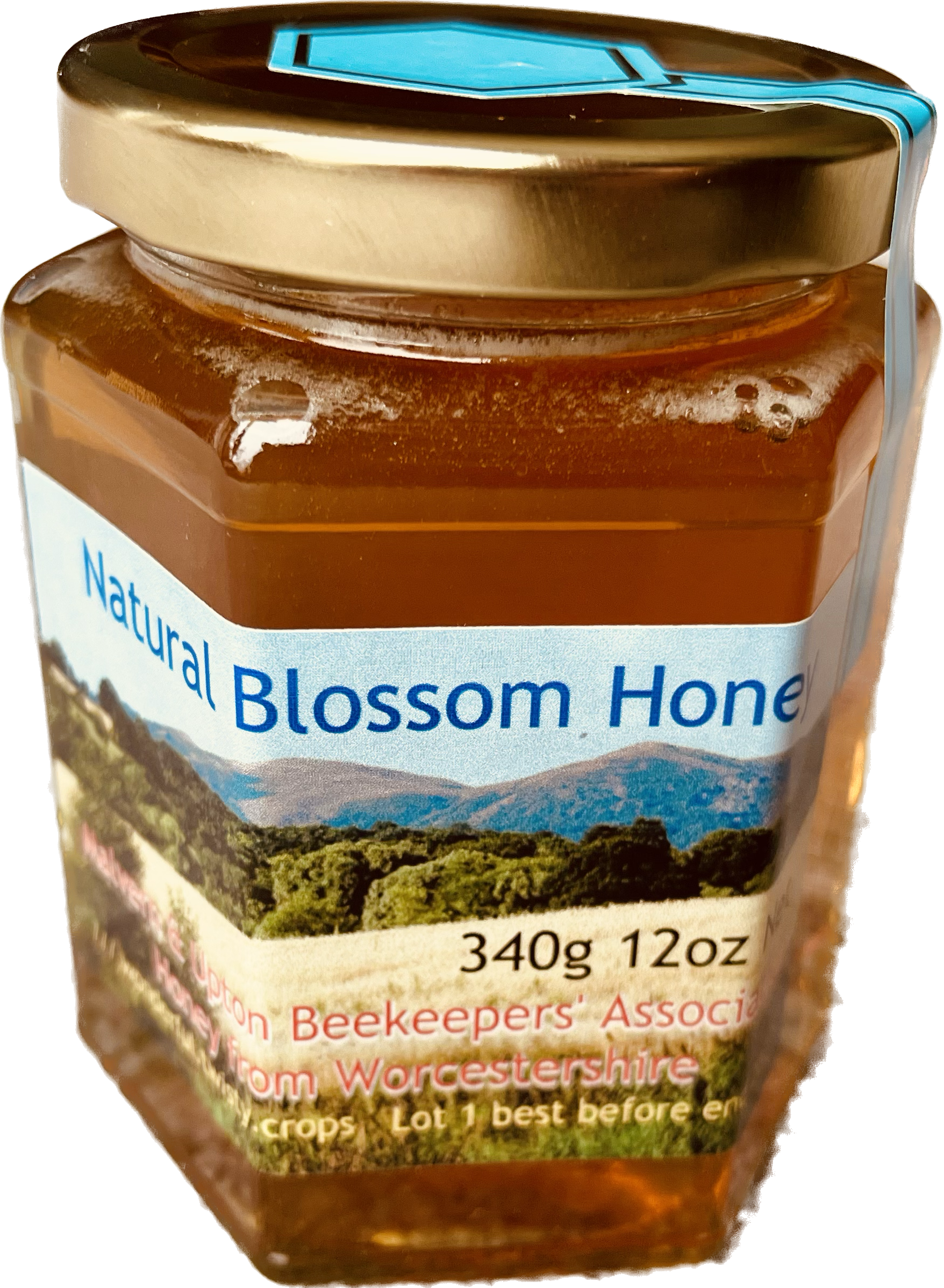Lots of wild claims are made for Honey, so we won't be creating any new ones here. However, here are some of the most popular claims that are already out there. Research them yourselves for greater satisfaction!
Honey has anti-biotic qualities, especially manuka honey, which comes from New Zealand. However, beware! Many times more honey is sold as manuka than can possibly have been produced by the limited number of manuka forests in New Zealand. Genuine manuka honey will have an independent UMF tested label, and it will be much more expensive than normal honey.
However, although all genuine honey has anti-biotic qualities and can be applied to infected skin, if you are planning to eat it rather than wear it, honey has other health benefits. It can help fight internal infections, and many people find that local honey has a particularly beneficial effect in fighting allergies and strengthening the body's immune system.

